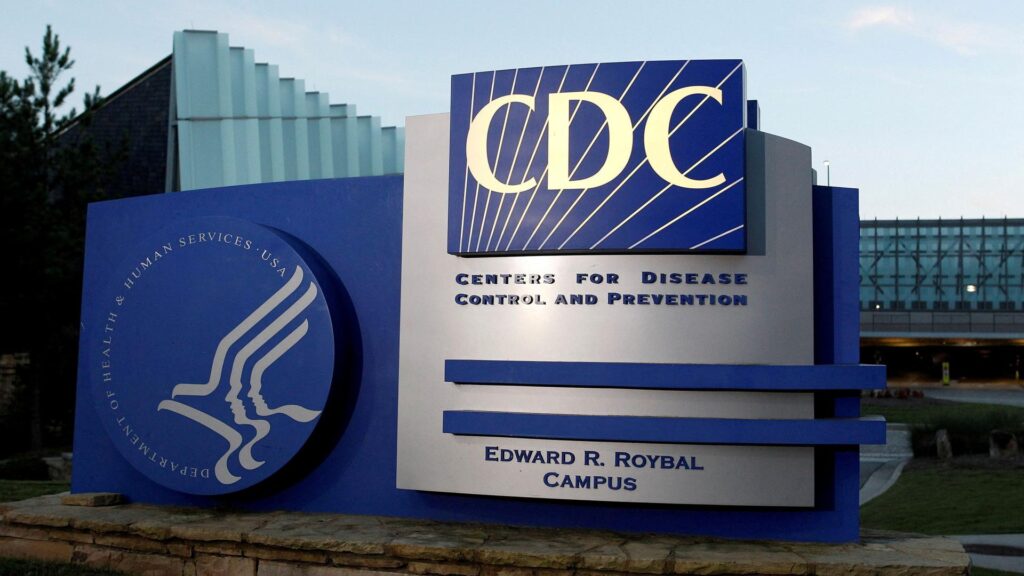Title: Enhancing Health Systems in the Democratic Republic of the Congo: The Vital Contribution of the CDC
In a nation confronting multifaceted health obstacles, the Centers for Disease Control and Prevention (CDC) has emerged as a key player in strengthening public health frameworks within the Democratic Republic of the Congo (DRC). Home to over 90 million people, this vast country faces persistent challenges including infectious diseases, malnutrition, and fragile healthcare infrastructure. Addressing these issues requires coordinated international support alongside local engagement. Through strategic alliances with Congolese authorities and global partners, the CDC is advancing disease monitoring capabilities, improving healthcare delivery systems, and enhancing emergency response mechanisms. This article explores how CDC’s comprehensive programs are shaping better health outcomes across one of Africa’s most populous countries while fostering long-term resilience.
CDC Programs Tackling Infectious Diseases Across DRC
The CDC has prioritized combating infectious diseases that disproportionately affect communities throughout the DRC by deploying targeted interventions focused on tuberculosis (TB) and HIV/AIDS prevention and treatment. Beyond direct patient care support, these efforts emphasize upgrading laboratory diagnostics and epidemiological surveillance to enable rapid detection and containment of outbreaks.
Complementing clinical services are extensive community education campaigns designed to raise awareness about disease prevention strategies. Key components include:
- Immunization campaigns targeting vaccine-preventable illnesses such as measles and polio.
- Training programs aimed at empowering local healthcare workers with updated skills.
- Collaborative research projects investigating transmission dynamics to inform policy decisions.
- The adoption of digital technologies, facilitating efficient data gathering for timely public health responses.
| Program Focus | Description |
|---|---|
| Tuberculosis Management | A holistic approach encompassing screening initiatives, treatment adherence support, and preventive measures to curb TB spread. |
| HIV/AIDS Prevention & Care | Community outreach combined with educational efforts aimed at reducing new infections while expanding access to antiretroviral therapy. |
| Community Mobilization | Cultivating trust through engagement activities that promote understanding of health risks and encourage preventive behaviors. |
| Health System Capacity Building | Strengthening infrastructure through resource provision and workforce development initiatives. |
Building Resilient Healthcare Systems: Insights from CDC Collaborations in DRC
The partnership between the CDC, local government bodies, and international organizations has been instrumental in reinforcing healthcare infrastructure across various regions within DRC. These collaborations focus on creating sustainable systems capable of efficiently managing both endemic diseases and emergent threats.
Noteworthy accomplishments include:
- Professional Development: Comprehensive training workshops have enhanced clinical competencies among frontline workers nationwide.
- Disease Surveillance Enhancement: Deployment of advanced information management platforms enables real-time tracking for quicker outbreak identification.
- Civic Engagement:The expansion of community-based programs fosters greater public participation in maintaining personal and collective health standards.
Moreover, integrating traditional healing practices with modern medicine under a multi-sectoral framework has improved coordination between diverse stakeholders involved in public health promotion.
| Main Impact Areas | Tangible Outcomes |
|---|---|
| Disease Prevention Efforts td >< td >Vaccination coverage increased by approximately 25% within targeted districts over recent years . td > tr > | |
